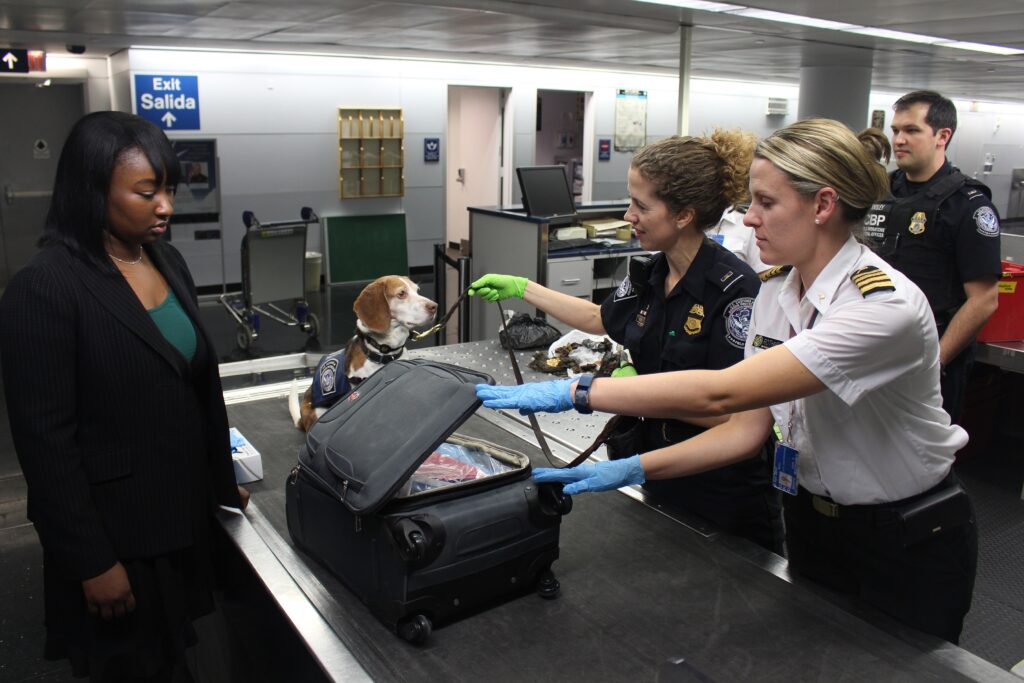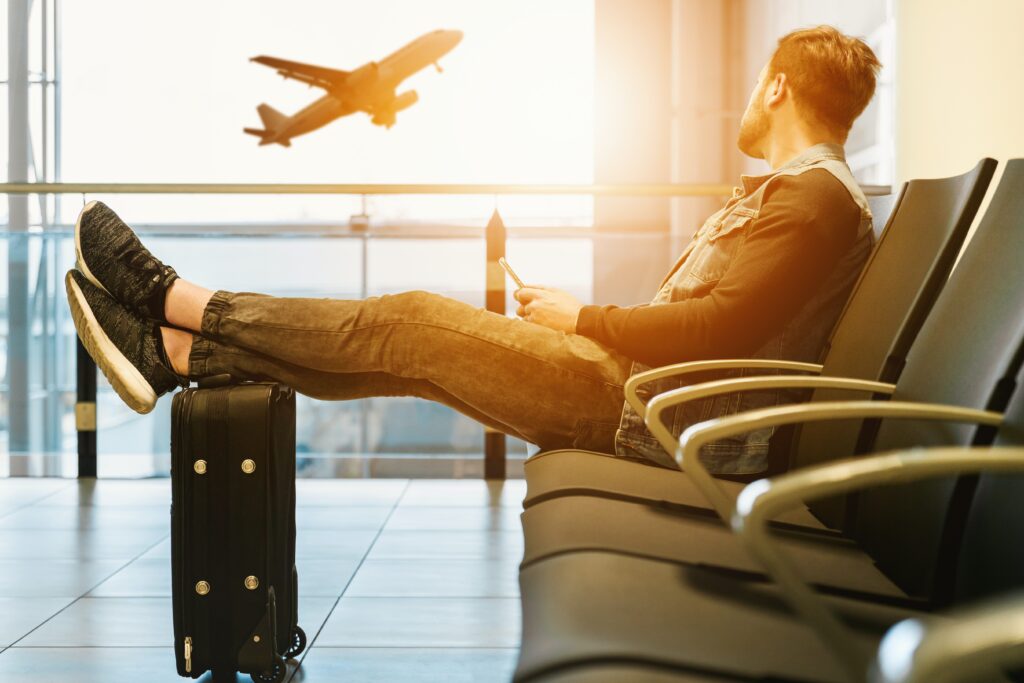Discover Hong Kong More
Lorem Ipsum Goes Here
THINGS TO DO IN
HONG KONG

Autumn is considered the best time to visit Hong Kong. Clear skies, reduced humidity and cooler temperatures make outdoor activities, be it hiking or brunching al fresco, a treat.
Hop a ride on Hong Kong’s ultra-affordable and accessible Star Ferry which has been running since 1888! For only HK$5, you can take in the city’s iconic skyline from the Hong Kongs Victoria Harbour. The ten minute cruise sets sail approximately every 10 minutes, from either Central or Tsim Sha Tsui. For the best view, opt for an Upper Deck fare and be sure to nab a seat by the window for optimal views.
Feeling active? A walk up the Central to Mid Levels Escalator onto the Morning Trail is bound to work up a sweat. At the top, take in the stunning views from Victoria Peak. Those who prefer a more relaxed ascent can step onto the newly refurbished Peak Tram, which has been running for over 130 years. Riders must be able to navigate stairs to access the funicular train.
Check out more fun attractions and festive events in Hong Kong now!
Spend some time ambling along Hollywood Road, often referred to as Antique Street. The charming road runs across Hong Kong between Central and Sheung Wan. Pop into Man Mo Temple to pay tribute to the God of Literature and take a peek at the impressive suspended incense coils before grabbing a drink at one of Po Hing Fong’s trendy coffee shops. There are countless antique stores selling Chinese curios, from vintage posters and maps to trinkets and jewellery, and don't forget to look out for the adorable shop cats! A number of art galleries, including Angela Li and Double Q are in the area, alongside some of the city’s best-known antique dealers. The numerous fashion boutiques make for a shopper’s paradise. While you’re there, swing into the historical Tai Kwun heritage site or SoHo to refuel — the area is packed with eateries and bars like the wildly popular Shady Acres, and 2023 Asia’s 50 Best Bars #1 spot winner, Coa.
On the other side of the harbour sits Temple Street Night Market. Enjoy Hong Kong street food at the numerous Dai Pai Dongs that punctuate the open-air street market, and pick up a bargain or two while you’re at it. Join in with streetside karaoke and even get your fortune told at this historic Hong Kong mainstay. Accessible public toilets are located close by at Jordan Road Public Toilet and Battery Street Public Toilet.
More useful tips for LGBTQ+ Travel
ACCOMMODATION RECOMMENDATIONS
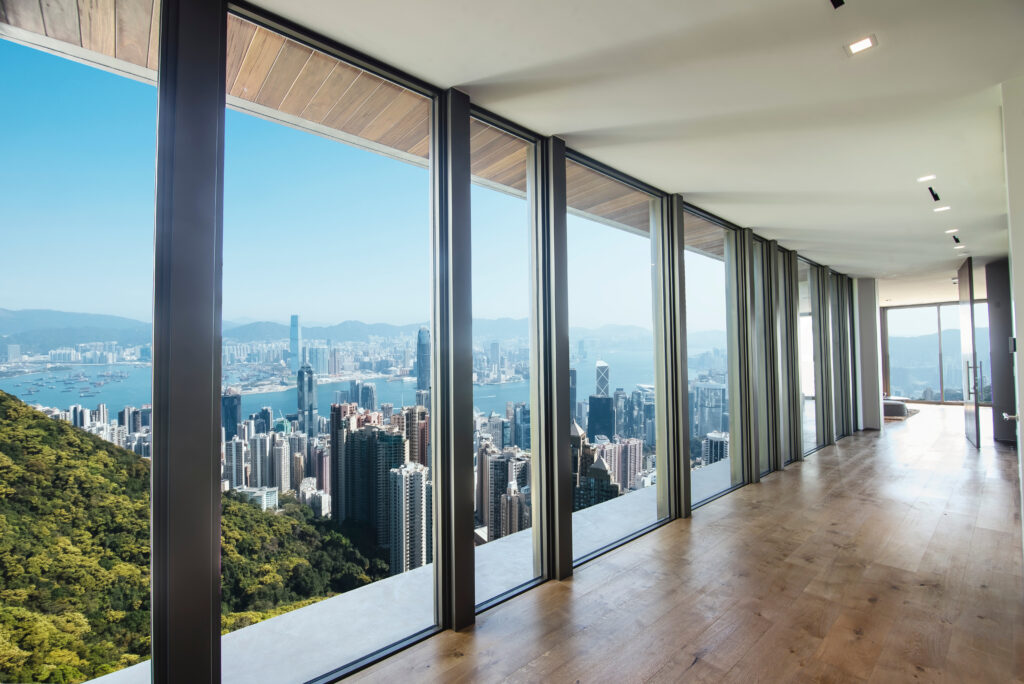
Hong Kong Tourism Board
The Hong Kong Tourism Board’s comprehensive list of local lodging has it all, from modest guesthouses, youth hostels, palatial hotels, chic boutiques, and mid-range comfort.
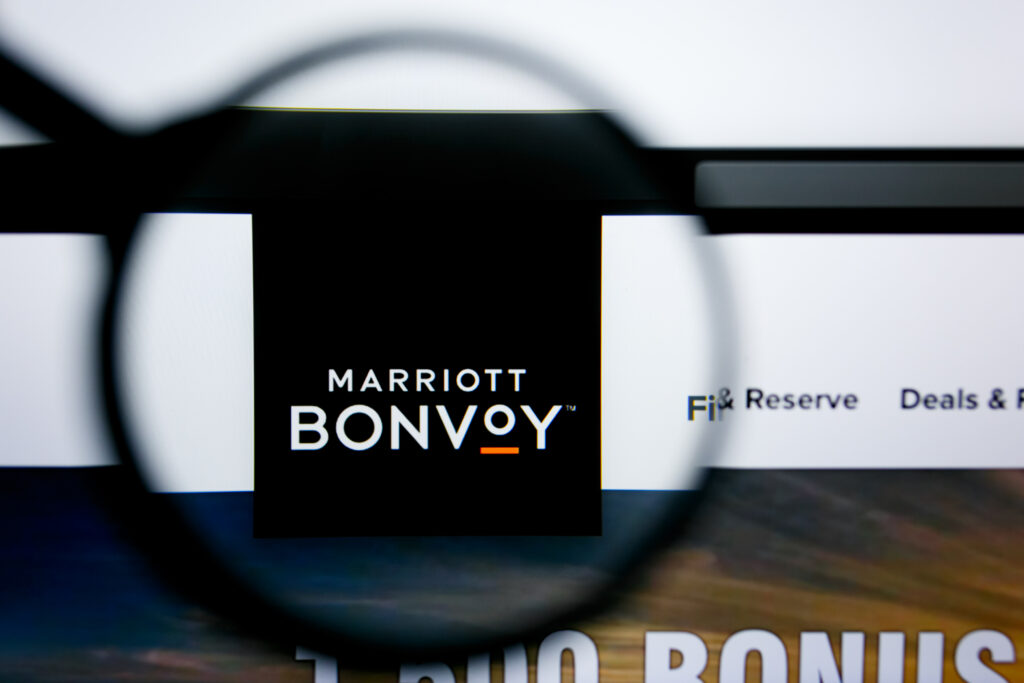
Marriott Bonvoy
With 12 properties spread across Hong Kong, Marriott Bonvoy is a convenient choice no matter your preferred part of town. From the vibrant W Hotel in Kowloon, whose roof-top pool parties are the talk of the town, to the sophisticated JW Mariott in Admiralty, there’s something for everyone.
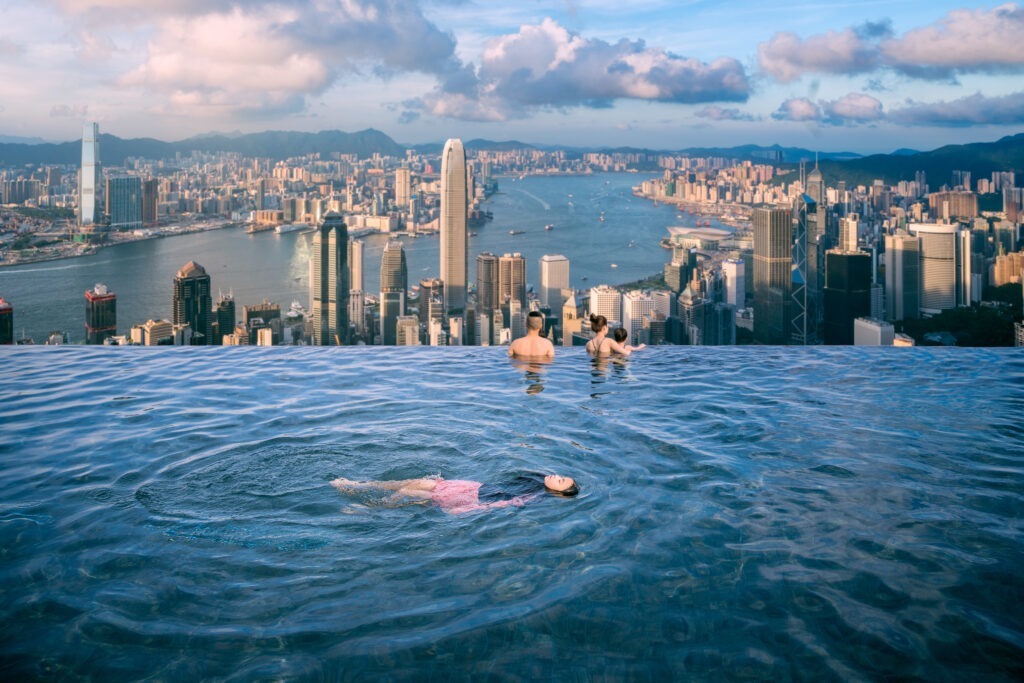
Time Out Hong Kong
Over a million people don’t rely on Time Out’s top tips and recommendations for nothing! Check out their list of tried-and-tested hotels here:
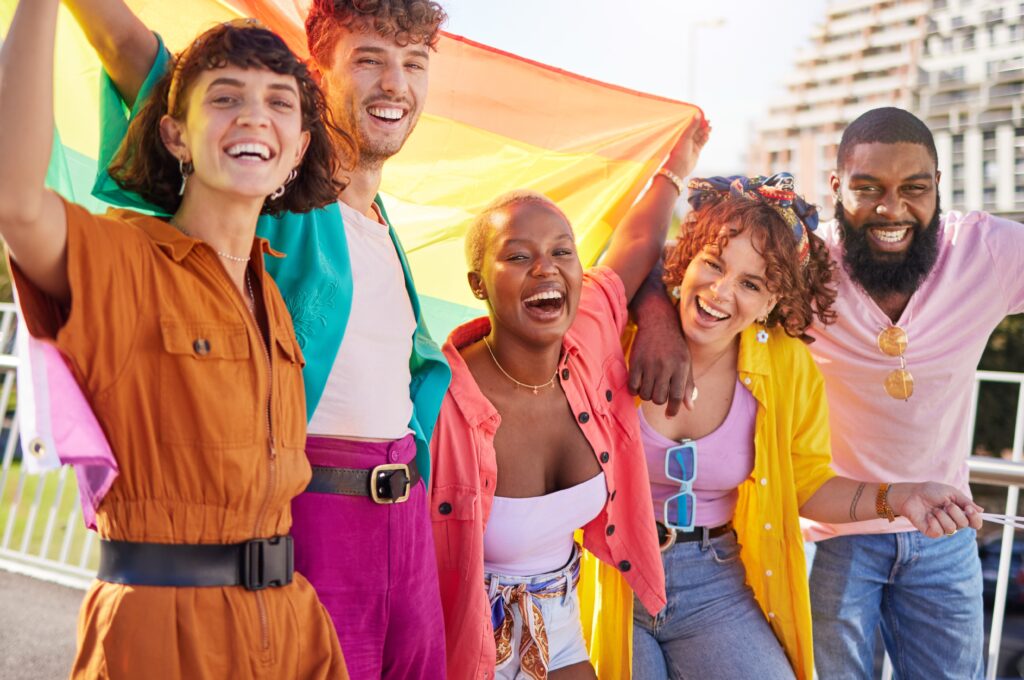
LGBTQ+Friendly Hotels in Hong Kong
Check out these helpful round ups of LGBTQ+ places to stay, thoughtfully prepared by three trusted platforms.
TRANSPORTATION
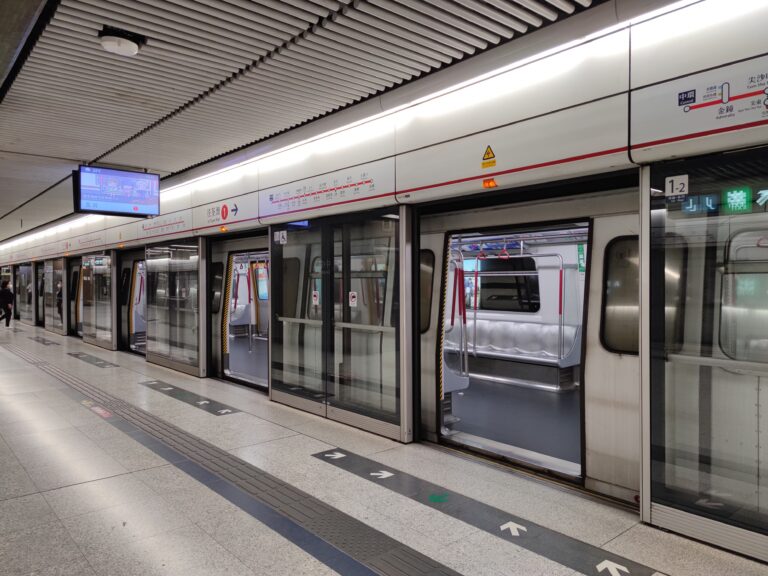
MTR
MTR (Mass Transit Railway) is the railway network of Hong Kong, which you can take to get pretty much anywhere in HK. It keeps running even in inclement weather and very rarely experiences delays.
Unlike many underground rail networks, the MTR is air-conditioned and offers free MTR WiFi and cellular service.
The MTR provides assistance for those with physical disabilities, and all but three stations have elevator or ramp access. Contact a staff member to ensure ramp access to get onto the train, as the gap may not always be level with the floor through the staff members.
The MTR and buses use the Octopus Card, a similar form of payment to the oyster card in London. You can get one easily at the Airport Express Station or 7-Eleven stores across Hong Kong. Single fare tickets are also available from MTR ticket desks or ticket machines. What’s great about the octopus card is that you can reload the value not only in the train stations but also in convenience stores like 7-Eleven and Circle K.
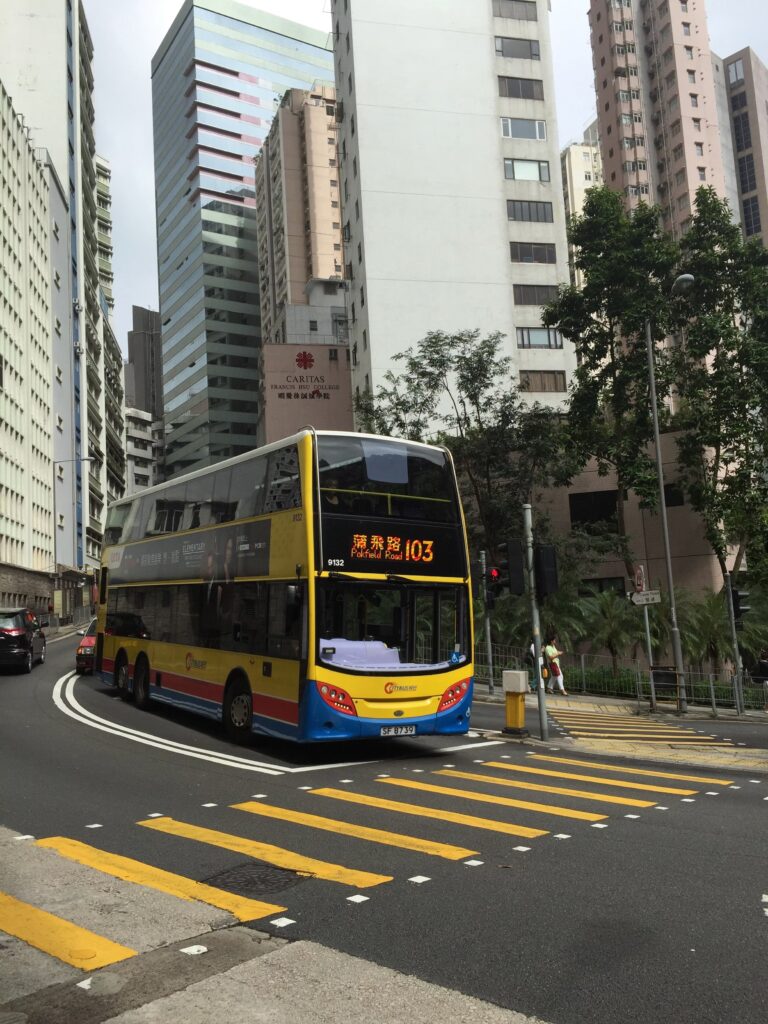
Buses and Trams
Hong Kong’s bus and minibus networks are vast.
Helpful apps include the “KMB ‧ LWB” mobile app, which has the full schedule which is updated in realtime. Double-decker buses (not mini buses) are wheelchair accessible too.
The trams runs the length of Hong Kong island and is one of the most affordable and enjoyable ways to travel across the city.
Remember to use your octopus card for all!
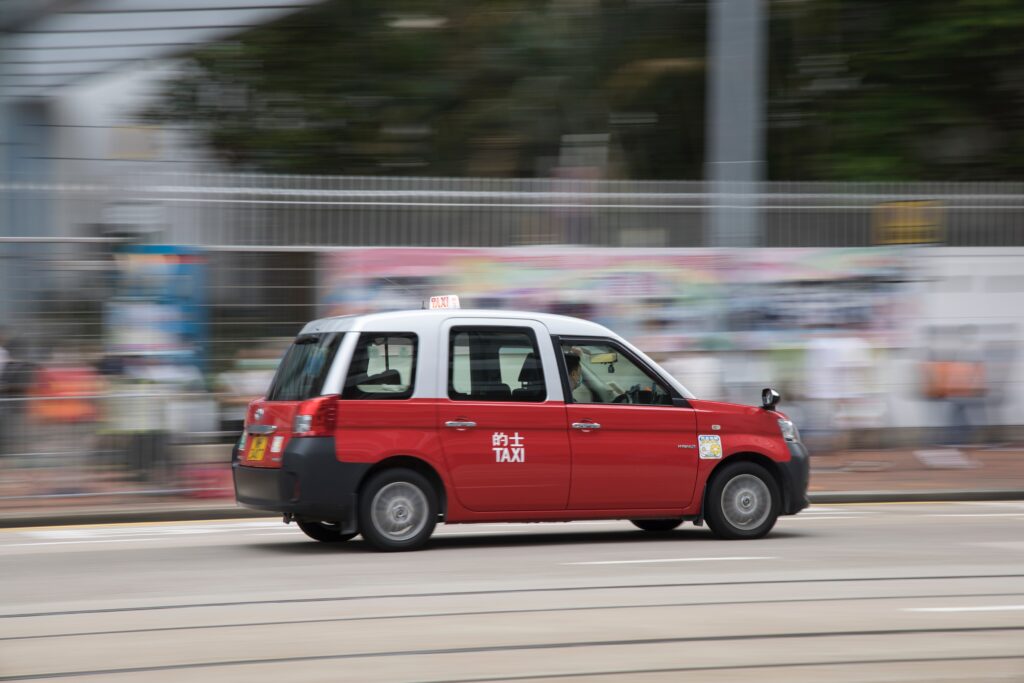
Taxi/ Uber
If you are terrible at navigation, there is always a taxi or Uber on the road. No shame in getting into that iconic red taxi!
Just make sure you know how much the total fare will be, and an estimate of the fare can be calculated beforehand using Google Maps on your smartphone.
It’ll be handy if you could show the taxi driver the location of where you’d like to go using Google Maps on your smartphone.
Oh and did I mention that the taxis are also wheelchair accessible? Handy right?
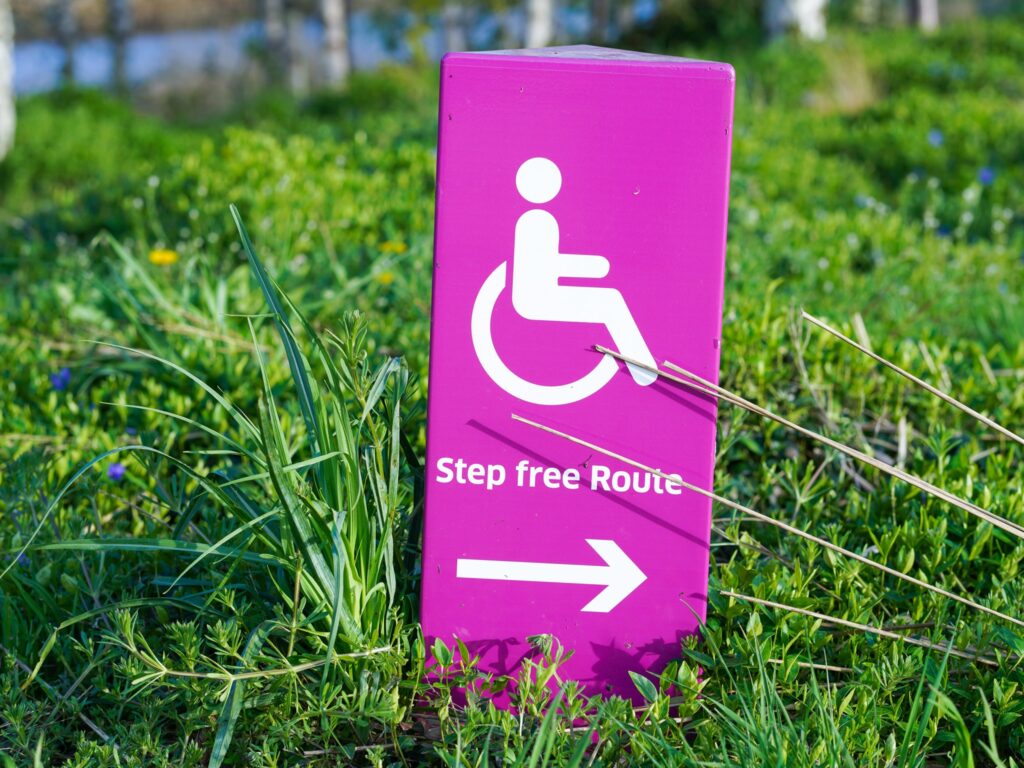
Accessible Travel Information
Barrier-free travel information for visitors with disabilities:
Assistance for visitors who have speech / hearing impairments:
• Hong Kong mainly uses Hong Kong Sign Language (香港手語)
• Local SMS line for emergency help: 992
WEATHER
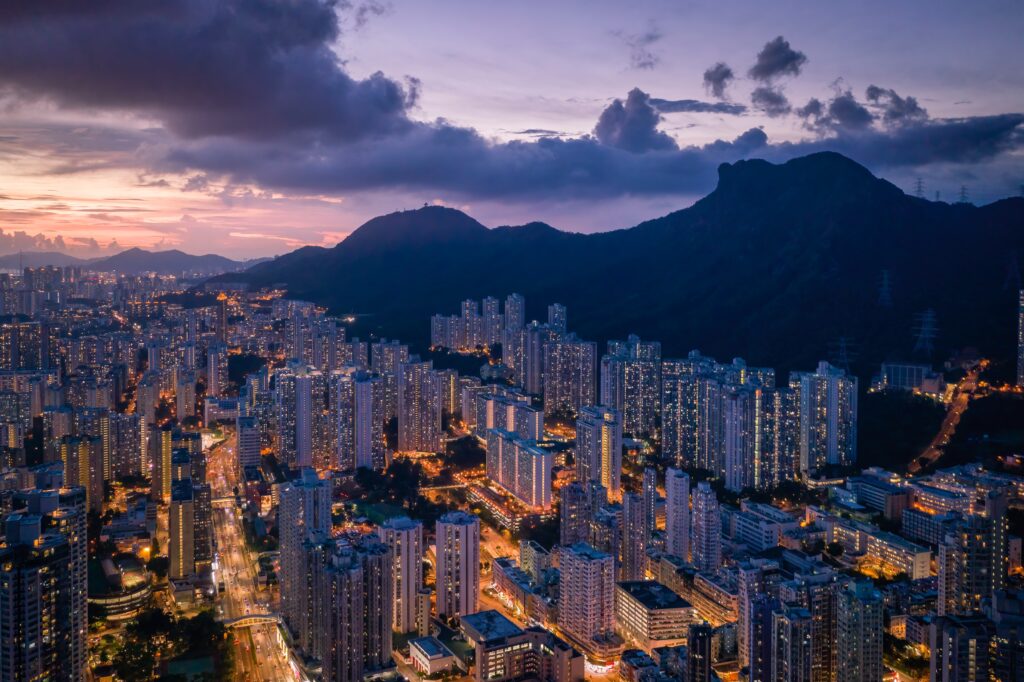
Around November time Hong Kong’s climate starts to cool and become drier.
Make sure you pack a few warm clothes when night falls, and keep in touch with the Hong Kong Observatory website to ensure that you know what to wear for your stay during the Gay Games.
VISITOR VISA & OTHER TRAVELLING INFO
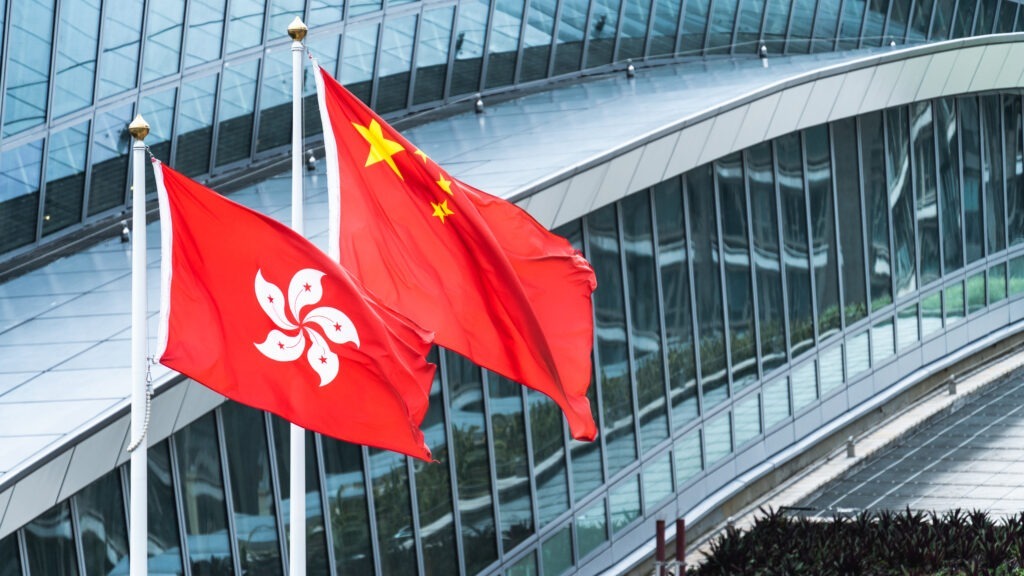
Consulates in HK
A list of consulates and recognised bodies in Hong Kong that may help make your visa application easier.

Government websites on visa applications
LGBTQ+ IN HONG KONG
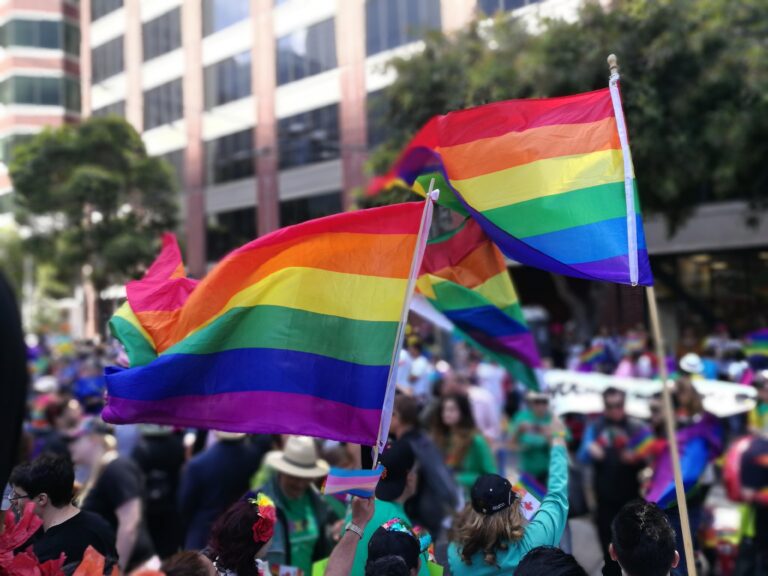
Hong Kong has some special immigration requirements for the following: trans and non-binary folks. The immigration laws here unfortunately follow the gender binary when it comes to documentation, which may make it more difficult for those said minority groups. Here are some things you should know:
• Hong Kong is generally considered an LGBTQ+ tolerant destination, but it does not have any laws that protect sexual orientation or gender identity from discrimination in areas such as employment, education, housing, or health care. Be aware of the potential for harassment or prejudice from some locals, especially in more conservative or rural areas.
• Current visa application documents do not have optional boxes for different genders. There is only “Male” and “Female”. (Perhaps it would be best to go with which one you currently identify with?).
• Hong Kong currently has anti-discriminatory laws for gender, race and disability, however it is not the same for sexual orientation. Hong Kong does not have any laws that recognize same-sex married couples.
• Hong Kong allows people to change their legal gender without surgery, but only for the purpose of marriage. The legal gender is not altered on other official documents such as identity cards or passports. If your passport does not match your current gender presentation, you may face difficulties or delays at immigration or security checkpoints. It is advisable to carry a letter from your doctor or therapist explaining your gender identity and transition status, as well as any relevant medical documents. GGHK has worked closely with the Hong Kong Immigration Department to ensure their border agents are aware.
TIPS FOR THE NEURODIVERGENT
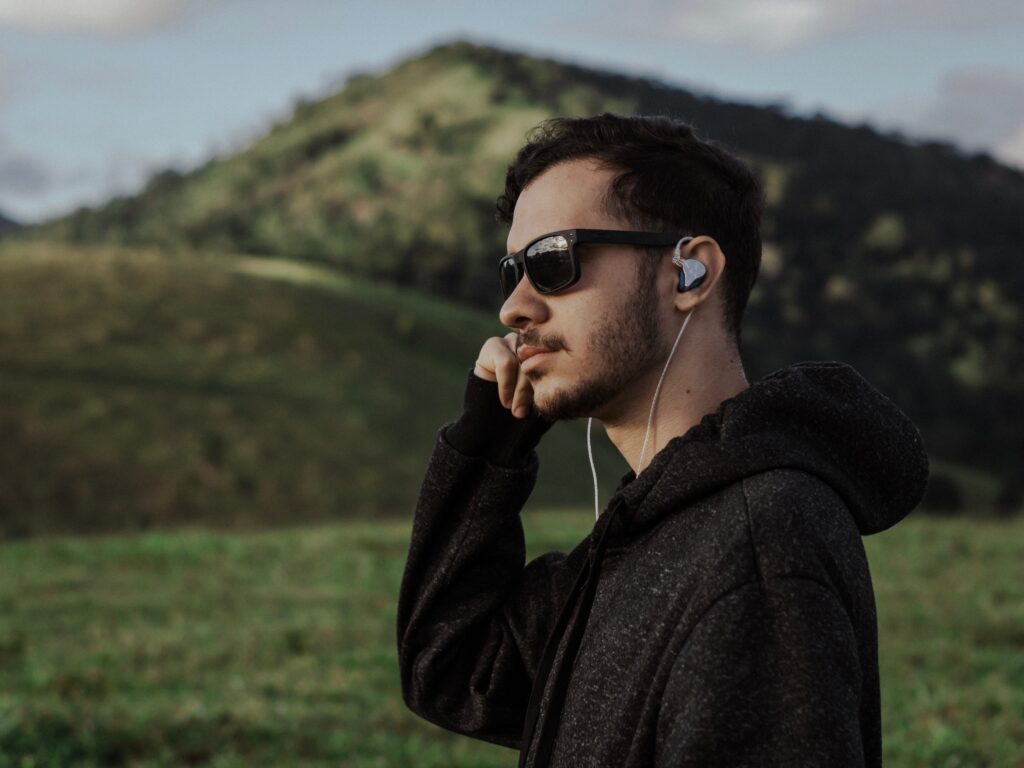
Hong Kong is a busy and crowded city that can be overwhelming for people who are sensitive to noise, light, or smells. You may want to bring earplugs, headphones, sunglasses, or masks to help you cope with the sensory stimulation. You can also look for quieter and greener places to relax, such as parks, gardens, or islands.
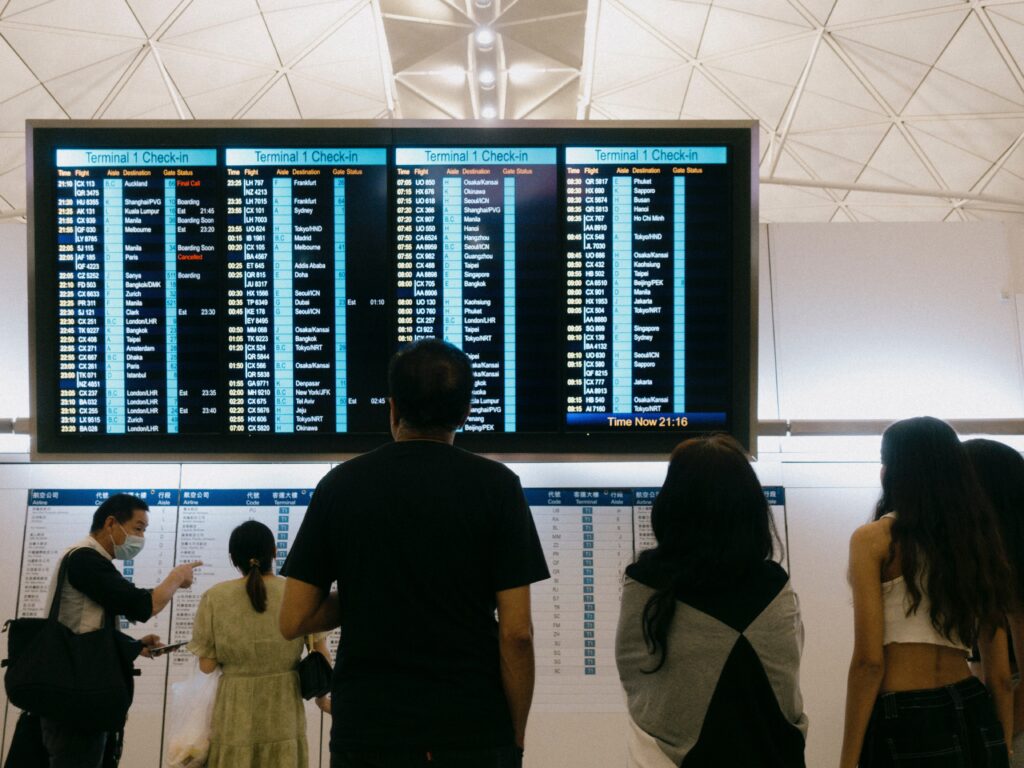
Hong Kong’s airport is one of the most accessible and friendly in Asia for neurodivergent travelers. It has special services and facilities such as private handicapped bathrooms, audio sound systems, Braille signage, electric cart services, and wheelchair lifts. You can also request assistance from the airline staff or the airport staff to help you with check-in, security, boarding, or baggage claim.
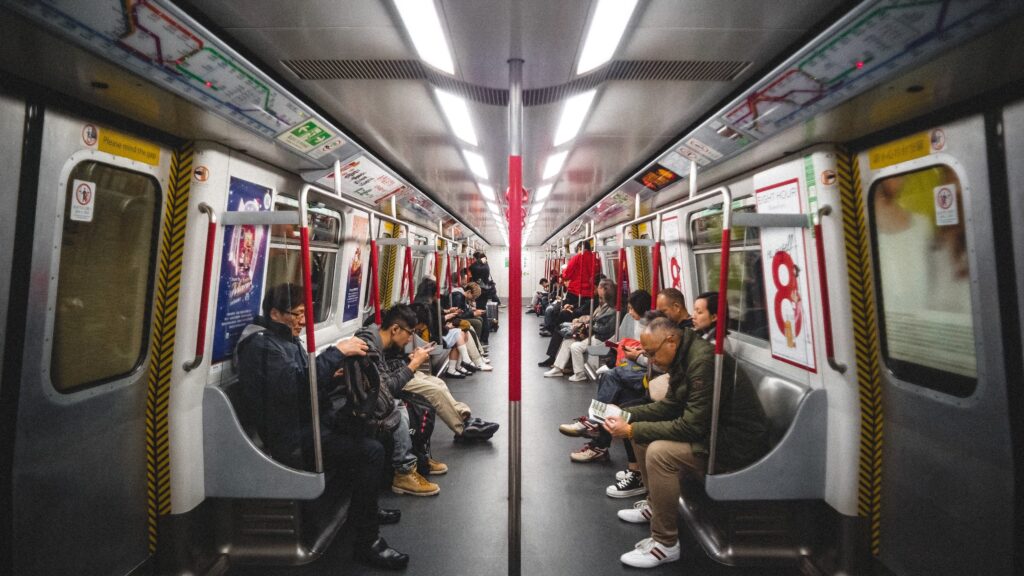
Hong Kong also has a well-developed public transportation system that is convenient and affordable. You can use the MTR subway, buses, trams, ferries, taxis, or ride-hailing apps to get around the city. However, be mindful of the cultural norms and expectations regarding social interaction and personal space in public spaces. For example, some people may stare or comment if you behave differently from the norm. Try to ignore them or avoid confrontation if possible. If you feel unsafe or threatened, seek help from the authorities or other bystanders.
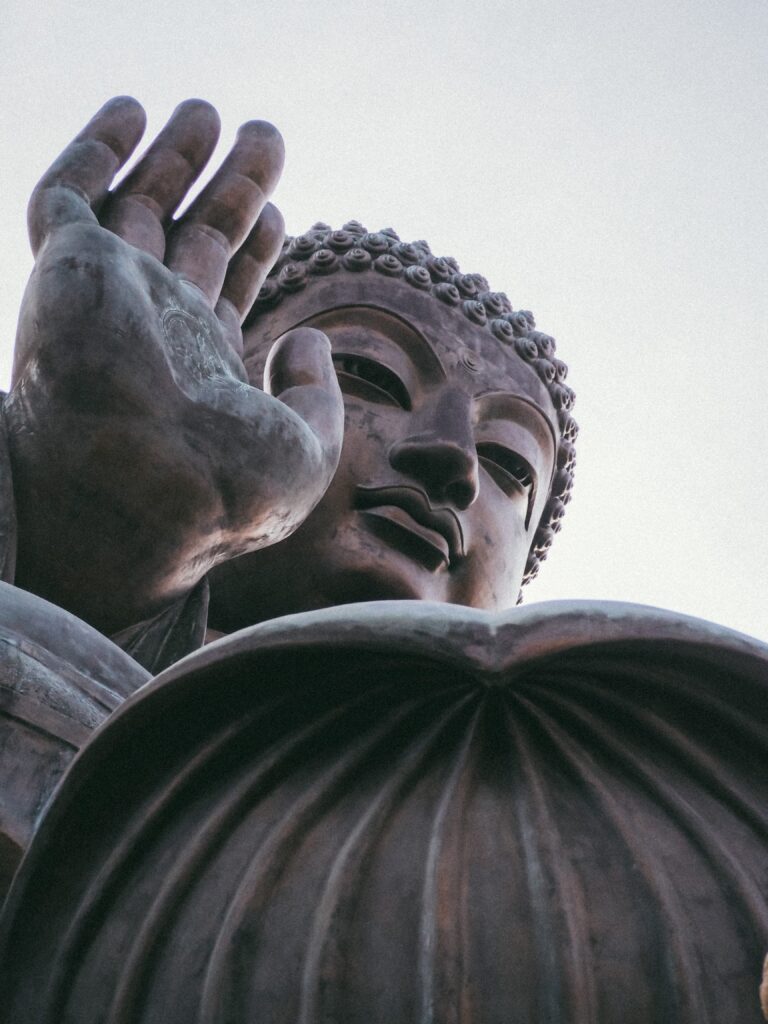
Hong Kong has a lot of attractions and activities that cater to different interests and abilities. You can enjoy the city’s skyline, culture, history, nature, shopping, dining, and nightlife. You can also find places that are suitable for neurodivergent travelers such as museums, libraries, art galleries, temples, or theme parks. You can plan your itinerary according to your own pace and style, and make adjustments as needed. You can also use online resources such as blogs, podcasts, or videos to learn more about the destination and prepare yourself for the trip.

